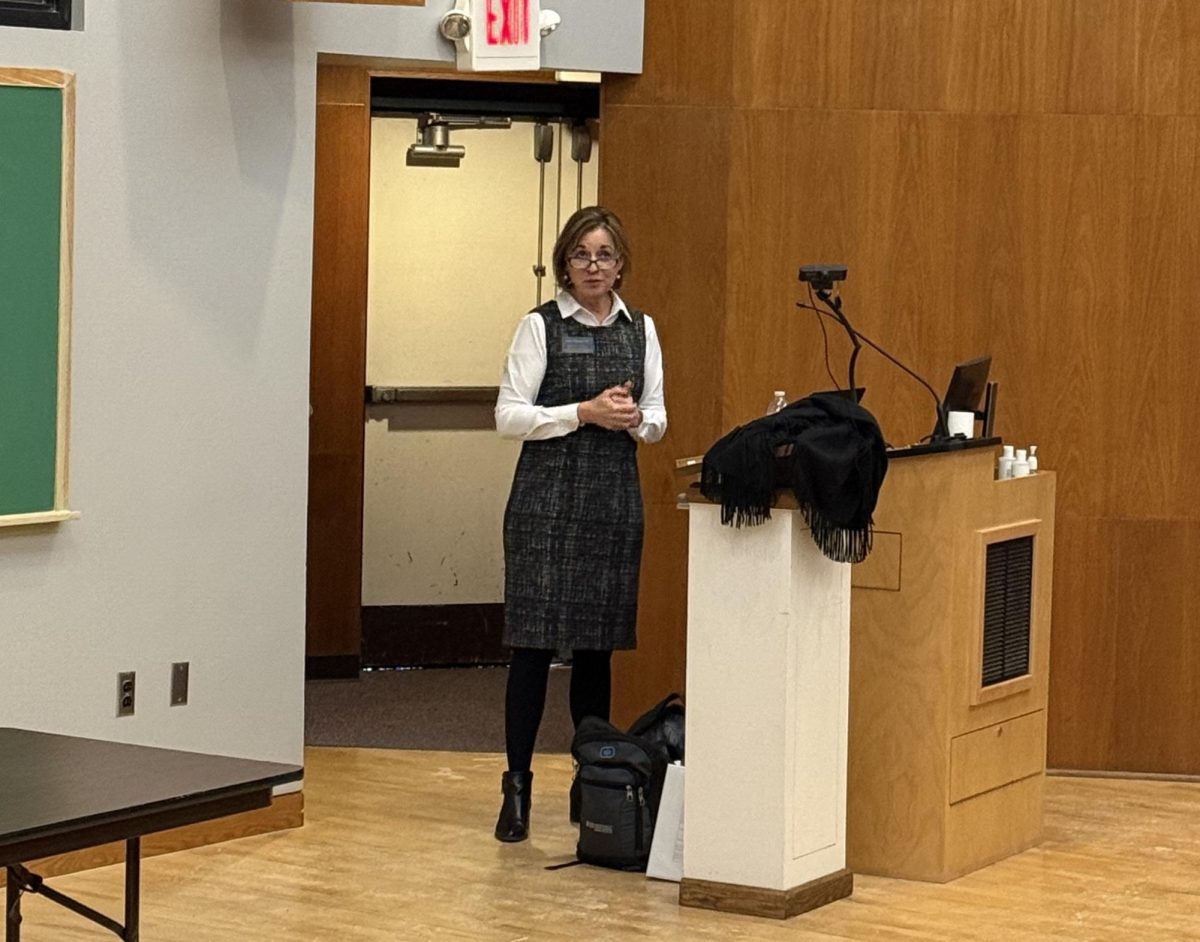By MATTHEW YEN
Contributing Writer
Students have been completing the Report of Student Experience (RSE) in classes this past week. The questionnaires, administered at the end of the semester, seeks to ascertain student opinions of professors and courses.
According to the information read by proctors prior to administering the RSE, these reports play a significant role in decisions regarding re-hiring, tenure and promotion of faculty.
But a number of professors surveyed had mixed feelings, while others were supportive of the evaluations.
A common critique was that the RSE was not online.
“I try not to identify comments by the handwriting, but in a class with written exams, sometimes that’s not possible,” said Jane Ellen Nickell, chaplain.
Assistant English Professor Matthew Ferrence identified other problems with the RSE.
“There have been instances of threatening, sexist, racist and otherwise intolerable responses from a small percentage of students—clear violations of the college’s statement of community and human decency.”
Several professors, including Glenn Holland, religious studies professor, and Nancy Smith, Spanish instructor, have expressed a desire to turn the RSE digital.
“I’ve thought it would be nice to do it online instead of taking up class time, but I know most wouldn’t do it and I wouldn’t get the feedback I get now,” said Smith.
However, as useful as some find the RSE (Smith, Ferrence and Nickell have all used student responses to adjust the structure or content of their classes), others still have their reservations.
Kate Darby, assistant professor, believes that evaluations can, and often are, biased against professors of color and female professors. Though she sees this as a general trend, rather than something specific to Allegheny, Darby does not exempt Allegheny from this bias. Darby also feels that one evaluation for every department, or even for every class in a department, is not effective.
“You always get one report that stands out because it is glowing, or because it trashes you; you tend to ignore both,” said Holland.
Nickell follows a similar pattern in considering her evaluations.
“The outliers, people who really loved or really disliked the course, are important, but I give more weight to consistent themes about the course content or my teaching so I can improve them,” said Nickell.





